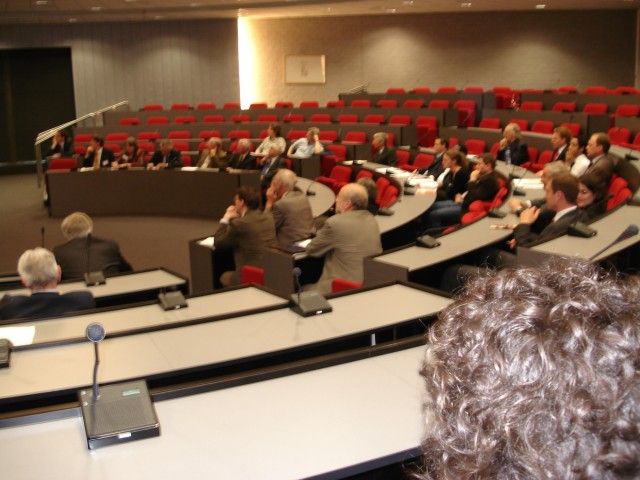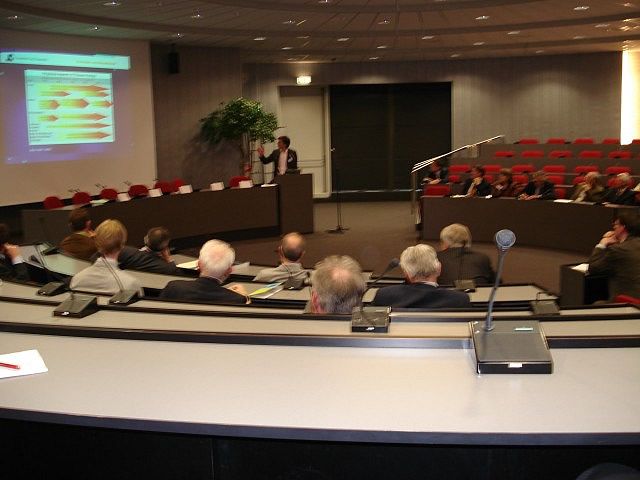Environment is back on the political agenda. EU leaders agreed about an increase of carbon monoxide of 20%. An agreement was made too that in the year of 2020 at least 20% of energy need to exist sustainable resources. How to realize these goals? Which mixture of policy-instruments is the optimum? What are the costs for the society and the public treasury? How should the European goals be translated to the national goals? What has to be done at least by the government?
Also questions arise such as must the present generation sacrifice prosperity? Or, if next generations will become richer, will they invest in the enormous amounts to force back the change? In other words:
What are the Economics of the Climate Change?
It becomes considered as an economic problem. Less noxious consequences. Uncertainty, period and coverage are important issues in this case. The debate was a result from STERN's review on the economics of climate change (2006), which shows impacts on food, water and ecosystems (coral reefs, extreme wheather events).
The review shows also a diagram of stabilisation and commitment to warming from 400 ppm CO2e till 750ppm CO2e and its eventual temperature change in a range from 0 degree till 5 degrees. The review concluded: “This Review has assessed a wide range of evidence on the impacts of climate change and on the economic costs, and has used a number of different techniques to assess costs and risks. From all of these perspectives, the evidence gathered by the Review leads to a simple conclusion: the benefits of strong and early action far outweigh the economic costs of not acting.” (London School of Economics and Political Science)

